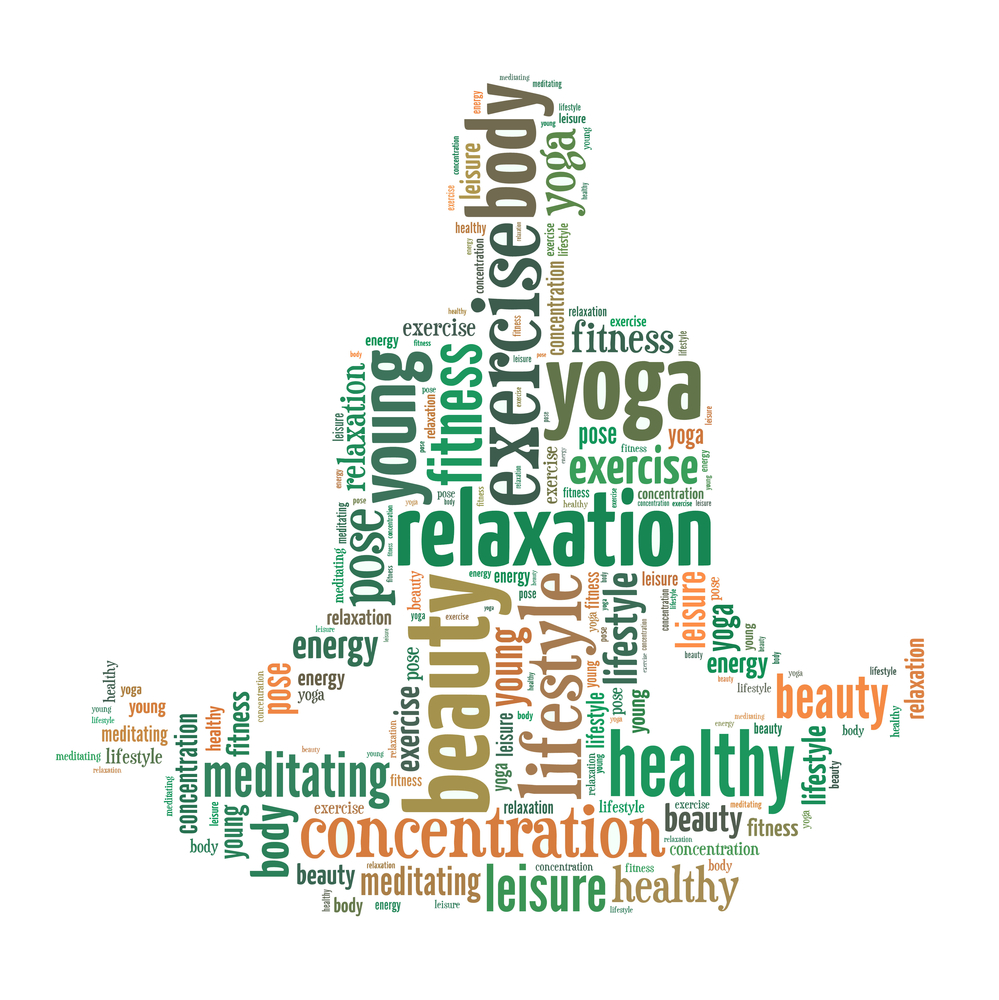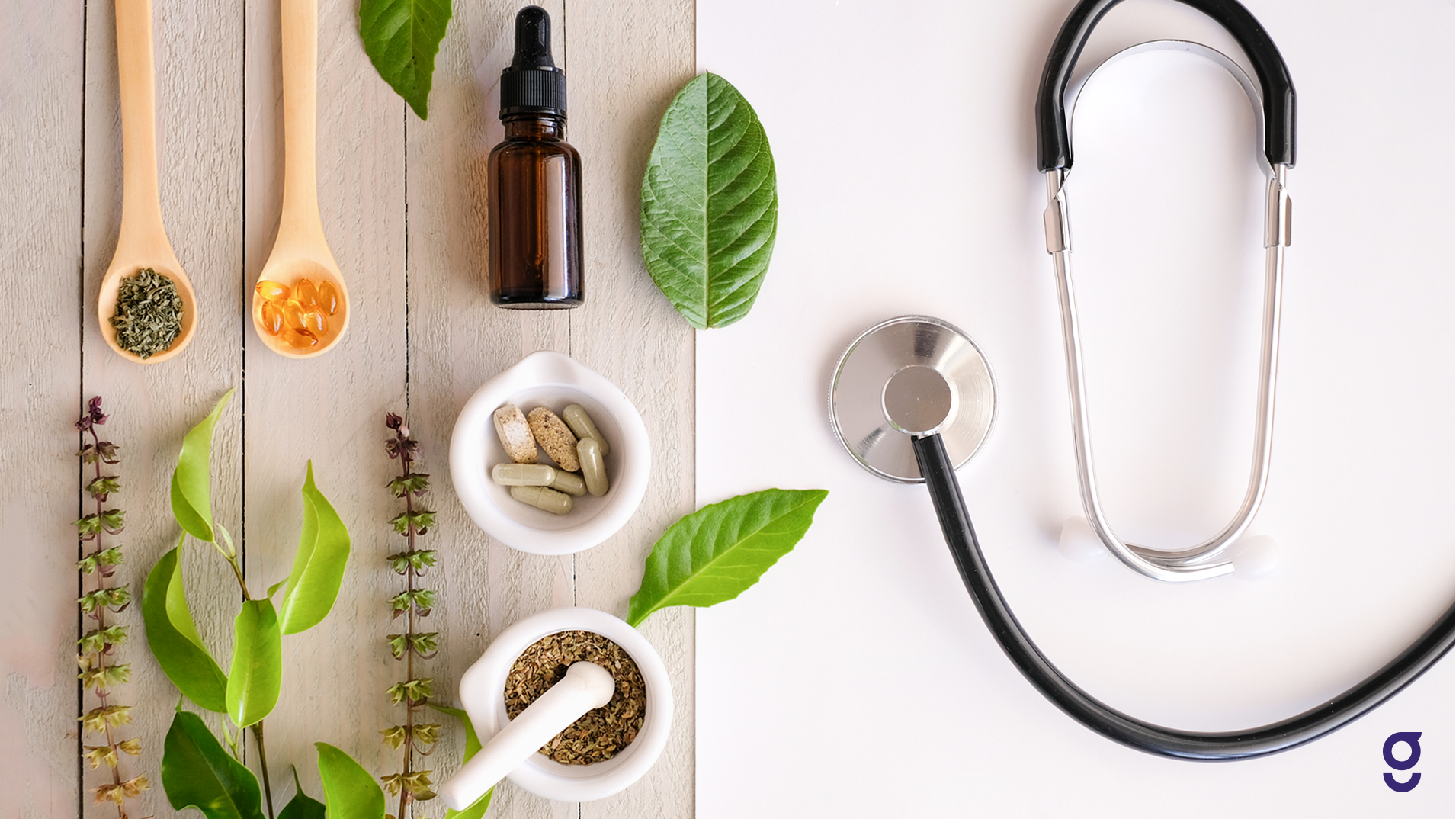
“You should steer clear of alcohol close to bedtime,” says Attarian. This means substances like caffeine and tobacco, for instance, that can stay in your system for eight hours. Avoid anything that messes with your ability to fall asleep.“But one thing that’s very important is to have a routine that involves some exposure to outside natural light.” Morning exposure to natural light signals to your brain that it’s time to be awake and helps keep your body clock on schedule, which means later that evening you'll be more likely to fall asleep at an appropriate time. For a lot of people whose work schedules have changed, there’s no getting outside first thing in the morning to physically get to an office or place of work. Get natural light. “Something that’s happened a lot since 2020 is that because a lot of people are now working from home, there is no daily routine,” Attarian says.This means going to bed and waking up around the same time, whether it’s Wednesday or Sunday. Here are some good sleep hygiene practices Dr. Attarian, MD, a sleep medicine specialist at Northwestern Medicine in Chicago, says he always starts by analyzing a person’s sleep and wake habits. Here are some of the treatment options your doctor or a sleep specialist might recommend if you have insomnia.įor a mild case that’s been a problem only for a few days or weeks, doctors will likely recommend a few lifestyle changes to promote better sleep. Lifestyle changes, therapies, and other treatments do exist to retrain your mind and body to get the sleep you need to stay not only happy but healthy, too. What’s more, those periods of short-term insomnia that last just a few days or a week ( acute insomnia), can turn into longer-term insomnia, which is known as chronic insomnia, meaning your sleep troubles last beyond the initial stressor.īut you don't have to suffer through short- or long-term insomnia, and you shouldn't. There are many reasons why you might be struggling to fall asleep or stay asleep through the night, including stressful life events (such as getting fired from a job) and health issues. Experts estimate that between 1 in 10 and 1 in 3 people suffer from some degree of insomnia, meaning they have trouble falling asleep, staying asleep, or wake up earlier than they intend to in the morning (or a combination of the above). You feel like you’re cursed - but you’re not alone. If you believe that you aren't getting enough magnesium in your diet and suspect it could help your sleep, try adding a supplement.You lie awake at night staring at the ceiling.

Try lightly snacking on foods high in magnesium an hour or two before bed. Magnesium is found naturally in foods such as nuts and seeds, spinach, soy milk, yogurt and whole grains.

Magnesium, a powerful nutrient, is responsible for regulating hundreds of processes in the body - including sleep.

Make sure you're getting enough magnesium However, it is not recommended for those who are pregnant. A recent study concluded that passionflower has the potential to treat insomnia. Not only is the plant beautiful, it can even help you fall asleep either by herbal tea or extract oil. Not to be confused with passionfruit - passionflower is a fast-growing vine that produces vibrant flowers. This suggests that tart cherry juice has potential to aid insomnia. In the same study, the group who drank the cherry juice spent more time in bed, asleep and achieved higher overall sleep efficiency. Sour cherry juice from tart cherries can increase melatonin production in those who consume it before bedtime. You can also diffuse essential oils into the air or use dried lavender to make a tea. Essential oils should never be ingested, but you can put a little drop on your pillow at night.

Some popular essential oils for sleep are lavender, chamomile, and bergamot. If tea is not your favorite way to relax before bedtime, floral and herbal fragrances are good ways to aid sleep. One of the more popular household remedies - essential oils. Put a drop of lavender oil on your pillow Be sure to look at the nutrition label to make sure no caffeine has been added to the ingredients. Drink a cup of one of these herbal teas at least an hour to two hours before bed - this gives you time to relax, enjoy the tea and use the bathroom before lights off. Chamomile, valerian root and magnolia tea are all natural remedies for anxiety, stress and insomnia. Brew a hot cup of herbal teaīrewing tea is an ancient practice. Use before bed to promote sleepiness and relaxation. It comes in many forms, such as oils and lotions. Many studies suggest that CBD is very effective in promoting sleep and decreasing anxiety. CBD is a safe and effective treatment for insomnia that contains almost no THC, the substance in marijuana that alters one's mental state. CBD, also known as cannabidiol, is derived from hemp plants.


 0 kommentar(er)
0 kommentar(er)
